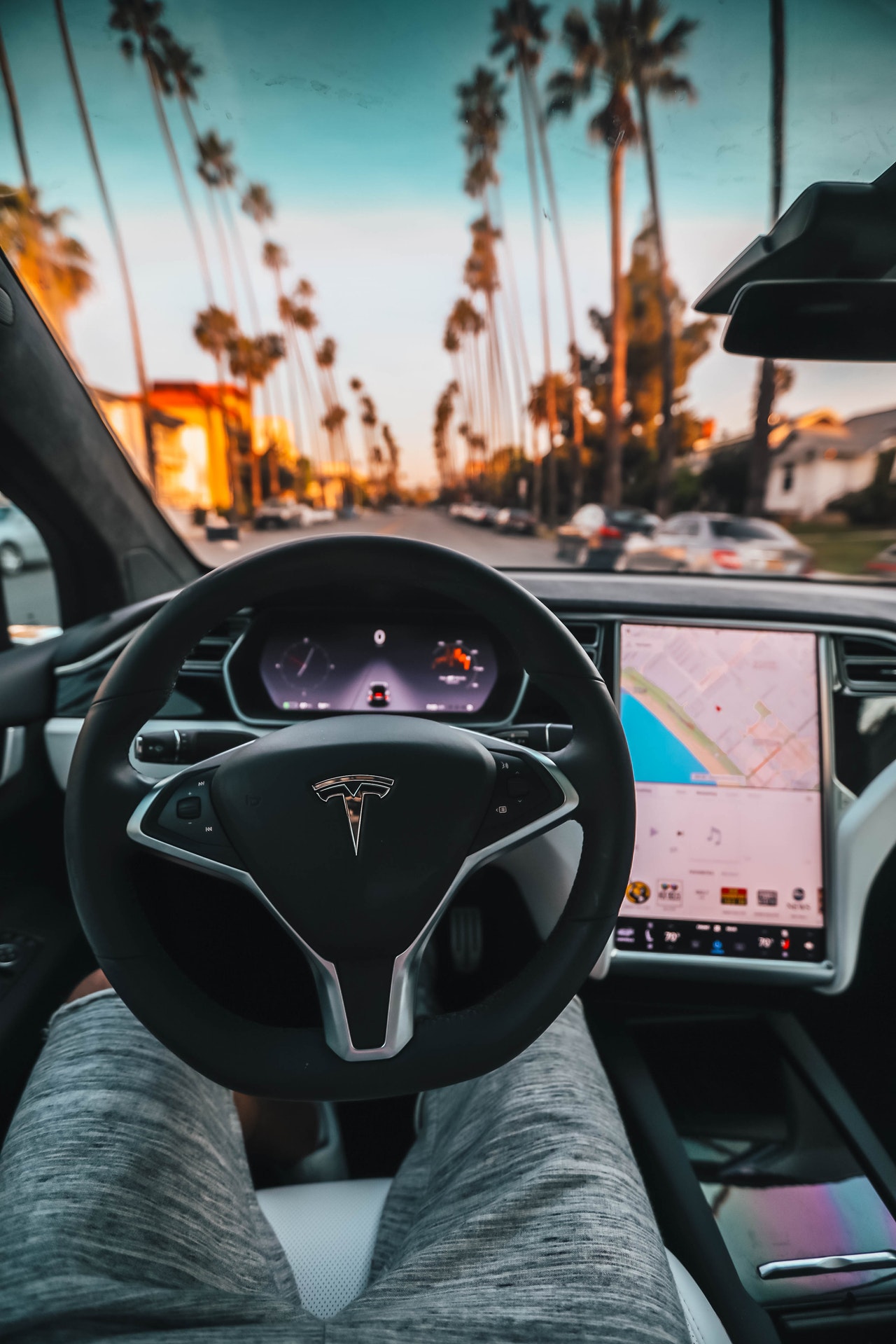Is Tesla Stock Still a Smart Buy?
Anyone interested in speculative stock trading knows about Tesla, Inc., formerly known as Tesla Motors. The company, led by its maverick founder Elon Musk, is at the forefront of the global transition to sustainable energy. In fact, the corporate mission statement is more focused on replacing fossil fuels with electricity that it is on making cars. Along with Apple and Microsoft, Tesla’s shares (symbol TSLA) are among the most actively traded in the world. For a company that’s finally facing serious competition in the auto market and is, by every impartial metric, highly over-valued, popularity doesn’t necessarily mean it’s a wise buy. In late August 2020, the company split its shares five ways, meaning every holder received four addition shares for each one they already had. Here are some key takeaways on the most recent price action of TSLA shares.
The Split Was Meaningless
The electric vehicle company’s board decided that the share value had become too high and was possibly locking out ordinary investors, so the split it five for one. Long ago, splits had much more meaning and effect than they do today. It’s possible for anyone to buy fractional shares, so high dollar issues don’t really lock anyone out of the market. Further, offering five, four, six, ten for one in a split does nothing but give the holders more shares of lower value. It has no effect on the total worth of their portfolio. Much was made of the event, but apart from a short climb in value immediately after and a lengthy fall during the following week, it was a non-event.
Competition is Coming
At least a half-dozen major carmakers are planning to have, or already have, electric vehicles in the marketplace. Back in 2013, Tesla was pretty much all alone in the niche, with nothing more than a wisp of competition from Chevy’s Volt plug-in e-car, which includes a 50-mile-range battery and a standard combustion engine with a regular size gasoline tank. In seven short years, all those other manufacturers saw the kind of money Tesla was pulling in and decided that the time was right for e-vehicles. It took a few years to tool up factories and train crews, but they did it, and now Musk is no longer a big fish in a small pond.
Ratios Reveal an Overpriced Stock
Price to earnings ratios have meaning because they are objective and hard for company executives to manipulate. The PE ratio simply divides the share price by the amount of earning per share. An average for most S&P 500 companies is somewhere around 40. Tesla’s is about 1,100, which is extremely out of bounds and indicates that the cost of the stock is far too high. How long will investors continue to pay such a high dollar figure for a single fraction of ownership in Musk’s corporation? One interesting thing to note is that the huge rise in TSLA market price is relatively recent. For the first six years of the corporation’s existence, the stock price hovered in between $30 and $70. Only in the past year did it soar to astronomical heights. Is the P/E ratio trying to tell us something, like a correction is in store? Time will tell.
The Founder Has an Erratic History
Musk created and sold a payment platform before he decided to get into the car business. Since then, he’s been fined ($20 million) by the SEC, been in major public arguments with stock analysts who disagreed with his market predictions, and built a reputation as someone who often misses product delivery targets. He has also been working to diversify his company by venturing into the battery, power storage, and charging business. Even so, more than 85 percent of his revenue comes from the sale of Models S, E, X, Y, and 3. His SpaceX venture is geared toward putting a human being on Mars in the next five years and making space travel an affordable option for vacationers. Some call Elon Musk a genius, but others see an erratic, over-committed business operator who won’t be able to outlast the mainstream competition in the electric vehicle market.
Some Investors Still Love TSLA
Tesla, Inc., is the highest capitalized vehicle manufacturer in the world. And in spite of Musk’s quirkiness, he has been largely successful with every business venture he has created. Even against his many electric vehicle competitors, his products still outsell everyone else’s and snag about 80 percent of all sales. There’s never been a carmaker like Musk’s TSLA, and that’s enough to drive millions of investors to purchase a piece of the corporation.

